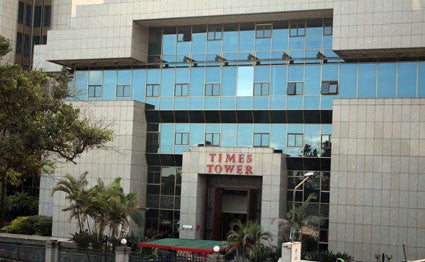×
The Standard e-Paper
Smart Minds Choose Us

Small businesses will be subjected to a double-edged sword starting this month, as a myriad tax measures take effect.
Coming from a tough year in which most micro, small and medium-sized enterprises (MSMEs) have grappled with cash flow problems, some of the small businesses will see their January blues get worse.